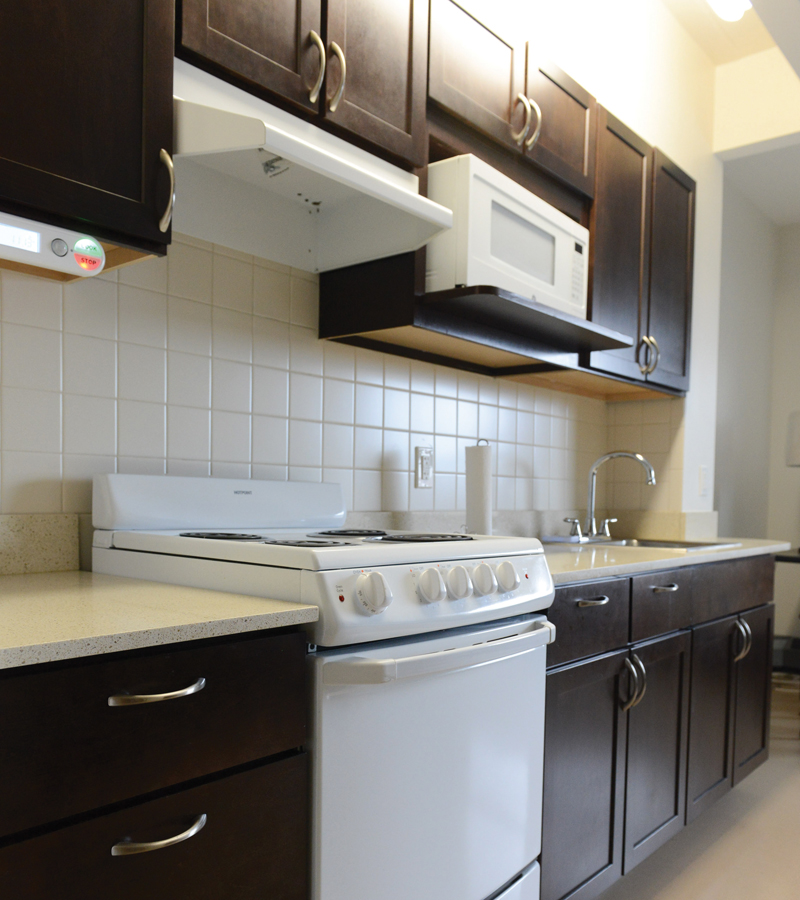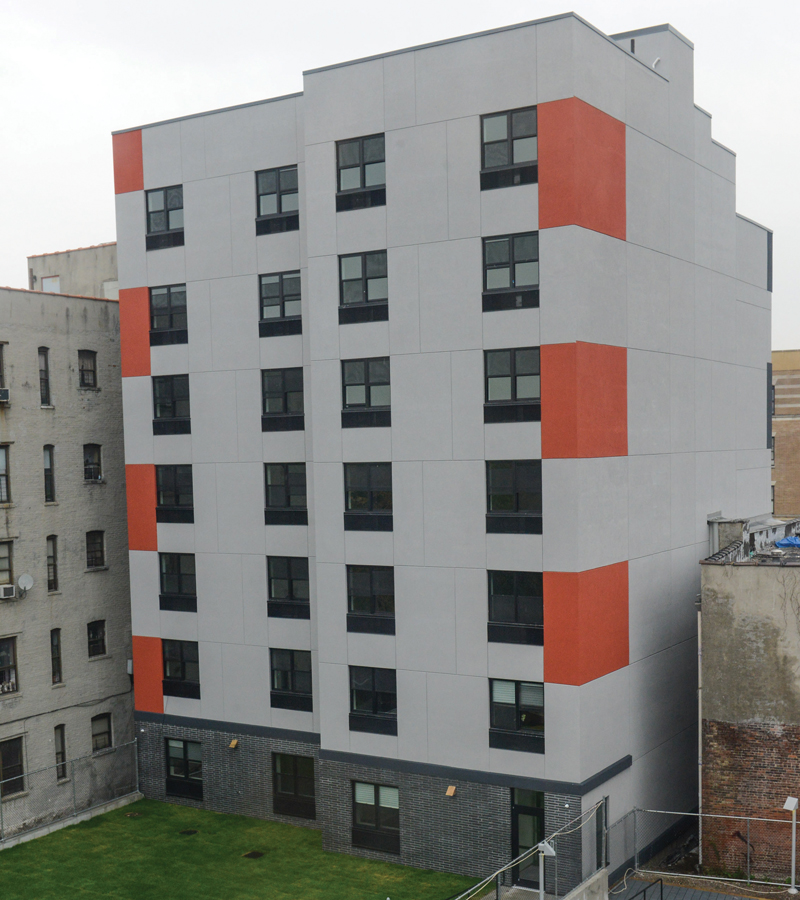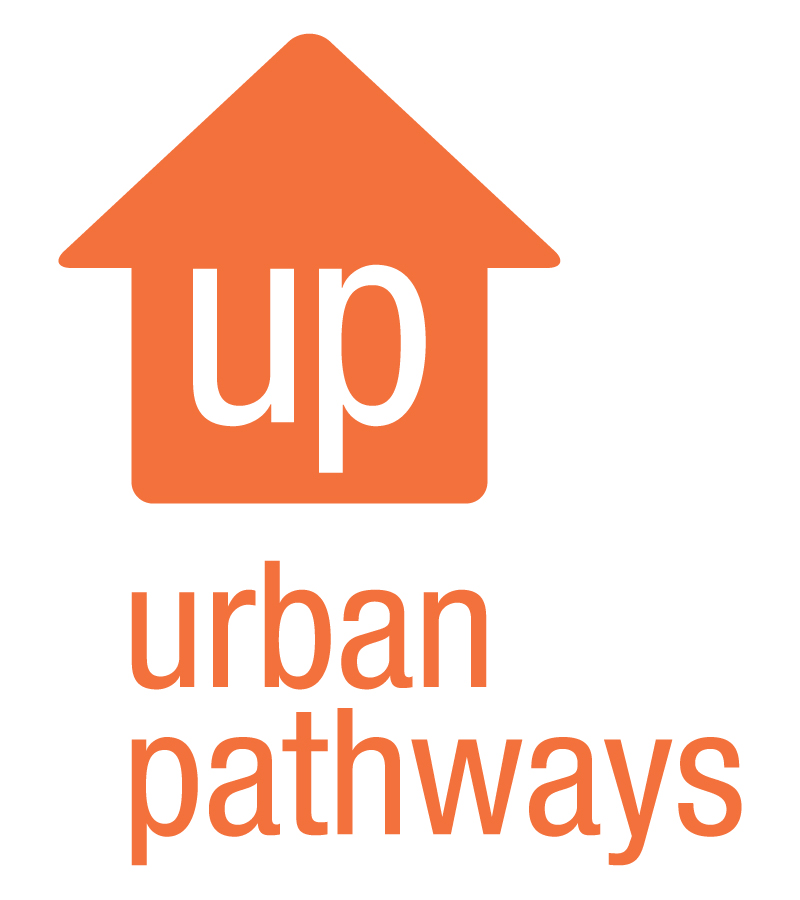Organization Name: Urban Pathways
Project Title: Supportive Housing Residences for Adults
Project Location: Citywide
Project Goals:
Stable, supportive housing is the single most important factor in preventing a return to homelessness. Urban Pathways currently houses almost 350 formerly-homeless men and women in seven supportive housing residences in Manhattan, the Bronx and Queens. Dedicated staff work with clients on a one-to-one basis to ensure that each client has an individualized support plan which will result in increased independence and the ability to live in the community. Services include counseling and psychological assessments and referrals, assistance with daily living skills, job-readiness preparation, medication management, and socialization activities. The Urban Pathways’ “housing first” approach has been deemed a success, as over 90 percent of our clients remain stably housed for at least one year after admission into a program.
Project Description:
Urban Pathways’ supportive housing residences range in size from the 13-unit 53rd Street Residence in Manhattan to the 80-unit Clinton Avenue Apartments in the Bronx. Other residences are in planning or development, and Urban Pathways anticipates being able to house more than 1,000 in permanent supportive housing by the end of the decade.
For many of our residents, life in an Urban Pathways supportive housing residence represents their first experience in living outside an institutional setting. Each residence contains private, full-furnished studio apartments, with private kitchens and bath. Each residence also houses administrative and social services offices, as well as indoor and/or outdoor communal areas. Twenty-four-hour security and video monitoring ensures client safety. Residents are actively encouraged to take part in communal activities, such as holiday gatherings, client advocacy meetings, and community events such as street fairs and celebrations.
Community Impact:
When plans to build a supportive housing residence in their community are first announced, many residents feel that building “condominiums for the homeless” will exacerbate existing problems. However, thanks to the dedication and commitment of Urban Pathways staff, this initial impression gives way to acceptance and respect for the newcomers.
Urban Pathways staff forge relationships with neighborhood businesses and civic groups, health care providers, law enforcement and others to allay fears that residents may have. Urban Pathways staff introduce their clients to the neighborhood and help them become “good neighbors”. Many residents quickly develop ties to their new neighborhoods and participate in community events.
Evidence shows that there is no noticeable deterioration in the “quality of life” when supportive housing becomes part of an established neighborhood. In many cases, newcomers to the area are surprised to learn that people “with special needs” are among their neighbors.
Organization Description:
Since 1975, Urban Pathways has engaged New York City’s most vulnerable residents and has provided them with housing and comprehensive services to meet their needs. By utilizing a low-demand, “housing first” approach and consistent engagement, assessment, and rehabilitative and supportive services, Urban Pathways ensures that homeless men and women reclaim their dignity and are re-integrated as independent members of the community.
Urban Pathways’ continuum of care engages homeless men and women “where they are at” in the cycle of homelessness by providing outreach, drop-in center services, transitional housing, and long-term and permanent supportive housing. Our housing is complemented by intensive case management, referrals for medical and psychiatric treatment, and assistance in maximizing socialization and daily living skills. Our goal is to provide each client with housing and support, tailored to their needs, so that they can achieve sobriety, stability and self-sufficiency.
Thank you for viewing NYHC's Community Impact Gallery. Please note: NYHC does not own or manage any property. If you have any questions about a specific building, please contact the project team listed. To apply for affordable housing opportunities, see housingconnect.nyc.gov or hcr.ny.gov/find-affordable-housing

Tenants Kitchen in Studio Apartment

Clinton Avenue Apartments
